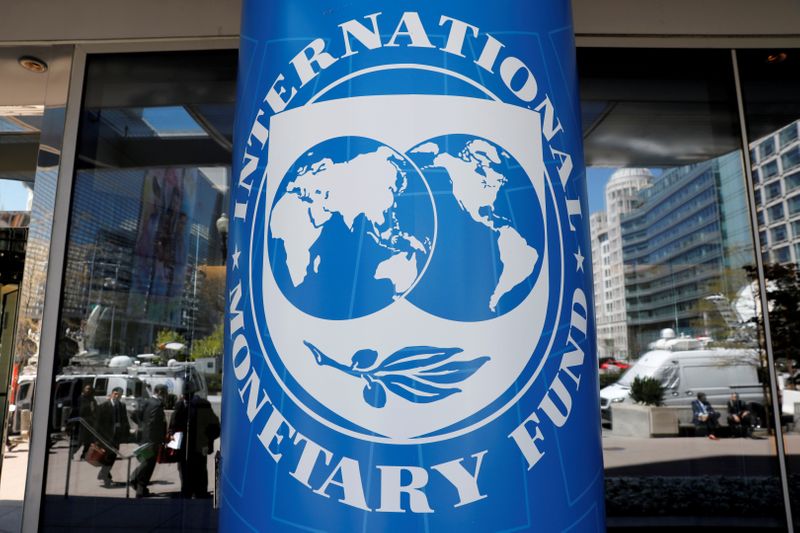WASHINGTON (Reuters) – The International Monetary Fund on Thursday said advanced economies could use more progressive income taxes, inheritance and property taxes, and taxes on “excess” corporate profits to help reduce inequalities exposed by the COVID-19 pandemic.
The IMF’s Fiscal Monitor said the pandemic had exacerbated pre-existing inequalities in access to health care, education and digital infrastructure, which could cause income gaps to persist generation after generation.
Most countries would need additional revenues to ensure access to COVID-19 vaccines and improve services, while interrupting a “vicious cycle” of mutually reinforcing inequalities, it said.
To change course, countries should focus on better investment in education, health and early childhood development, and strengthen social safety nets, it said.
To muster the necessary resources, advanced economies could increase progressivity of income taxation and boost reliance on inheritance/gift taxes and property taxation, the IMF said.
“COVID-19 recovery contributions and ‘excess’ corporate profits taxes could be considered,” it said, adding that wealth taxes were another option if other measures did not suffice.
Emerging market and developing economies should focus on strengthening tax capacity to fund more social spending, it said.
Oxfam welcomed the IMF’s backing for taxing of excess corporate profits and top income levels, and urged the IMF to back away from its own austerity requirements.
“The pandemic has deepened inequalities,” said Susana Ruiz, the non-profit group’s international tax policy leader, noting that billionaires’ wealth increased globally by “a staggering $3.9 trillion between March and December 2020.”
She said the IMF and governments should avoid repeating what happened after the 2008-2009 financial crisis, when the burden of taxation shifted away from the richest and corporate profits to households.
“Unless the IMF takes its own advice on taxing the rich to reduce the gap between rich and poor, inequalities will continue to increase, and we will not be able to build back better,” Ruiz said.
(Reporting by Andrea Shalal; Editing by Dan Grebler)
























